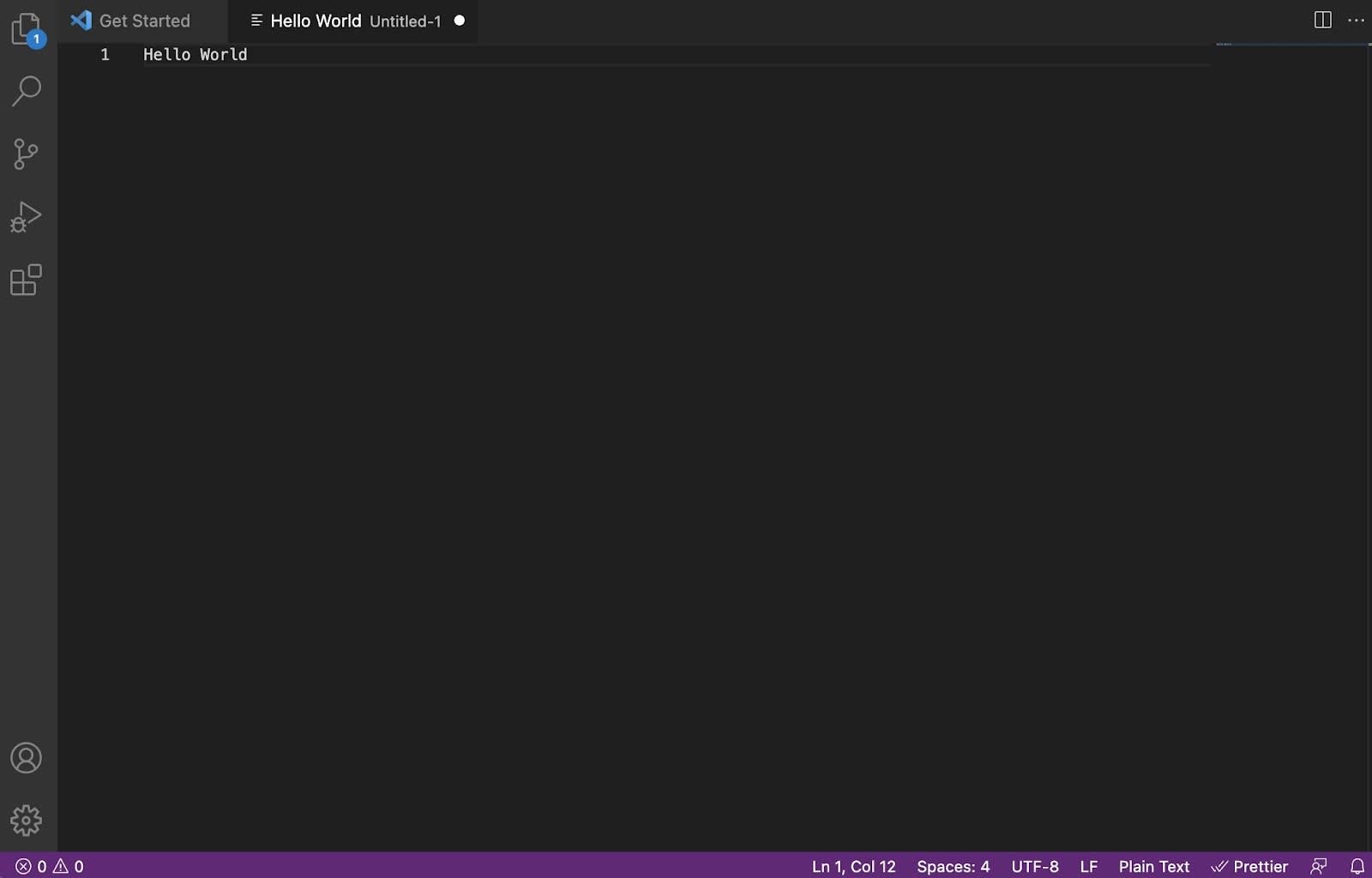Get Started with Visual Studio Code
Learning Objectives
In this project, you'll:
- Learn what an integrated development environment (IDE) is.
- Learn how to locally develop Salesforce code.
- Use Salesforce Extensions for Visual Studio Code and Salesforce CLI to communicate with your org.
Introduction
As a developer, it's important to have the best tools to get your job done. In the past Salesforce has offered many, each one providing something that was missing from those in the marketplace. This quick start helps familiarize you with our next step toward amazing developer tools, Salesforce Extensions with Visual Studio Code!
First, What's an IDE?
An IDE, or integrated development environment, typically consists of a code editor, build automation tools, a debugger, and intelligent code completion. Visual Studio Code provides these.
Follow Along with Trail Together
Want to follow along with an instructor as you work through this step? Take a look at this video, part of the Trail Together series on Trailhead Live. You can find a link to the full session in the Resources section.
Let's Install Visual Studio Code
You can install Visual Studio Code on any computer running macOS, Windows, or Linux. The system requirements are fairly small so it should run on just about any machine.
- Download and install the latest version of Visual Studio Code for your operating system. If you already have Visual Studio Code installed, there's no need to reinstall it.
- Launch Visual Studio Code.
Get Familiar with the Interface

The welcome page for Visual Studio Code automatically opens the first time you run the application. This page has many shortcut links, such as getting started with a new file, learning about Visual Studio Code, or even customizing the interface according to your preferences.
The bottom bar shows your current errors, warnings, and notifications. It also lets you toggle the integrated terminal.
On the left side of the editor you can check out the file explorer, search files, manage your source code, launch or debug your code, and manage extensions. (In a future step we also install a few extensions to help us with our development.) Finally, there is a menu that allows you to run commands within the editor, another section we explore soon!
- Under Start click New file.
- Click Text File.
- In this space we can just start typing. Add the text
Hello Worldto line 1.

- Close the file without saving.
Mouse over the dot in the tab and click the X to close the file.
We won't check any of your setup. Click Verify step to go to the next step in the project.
Resources
